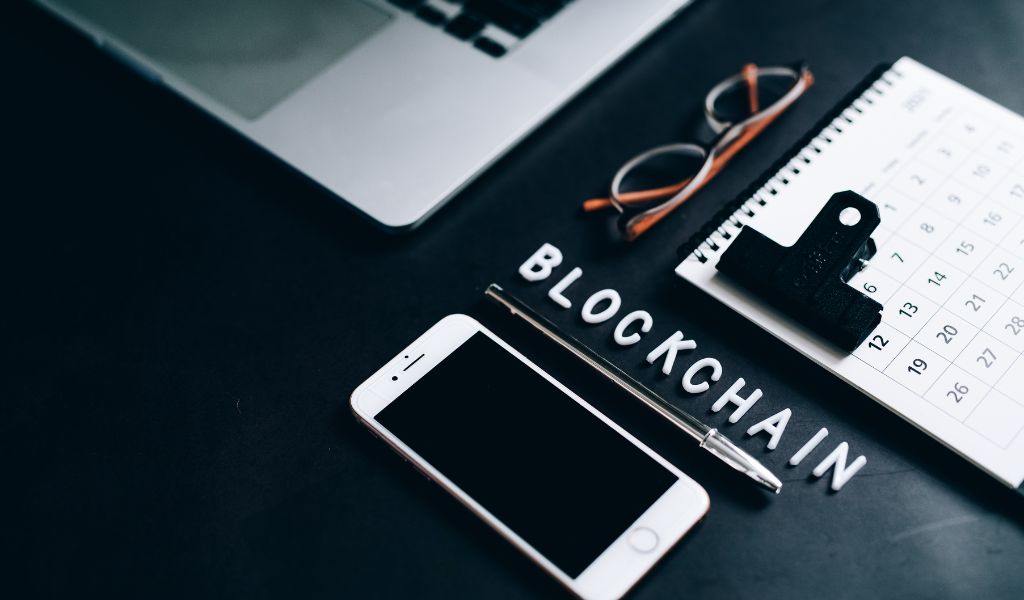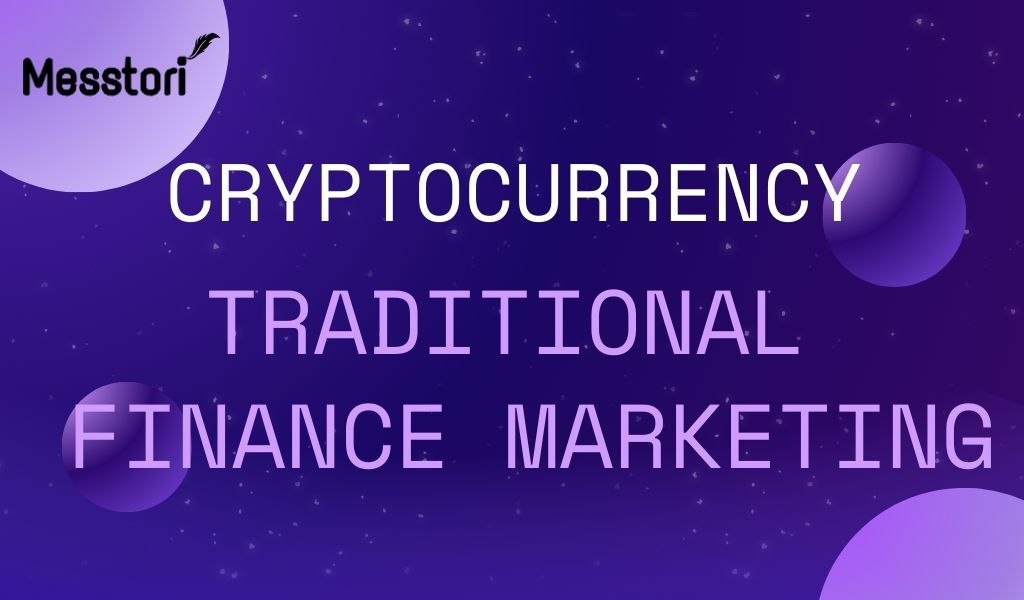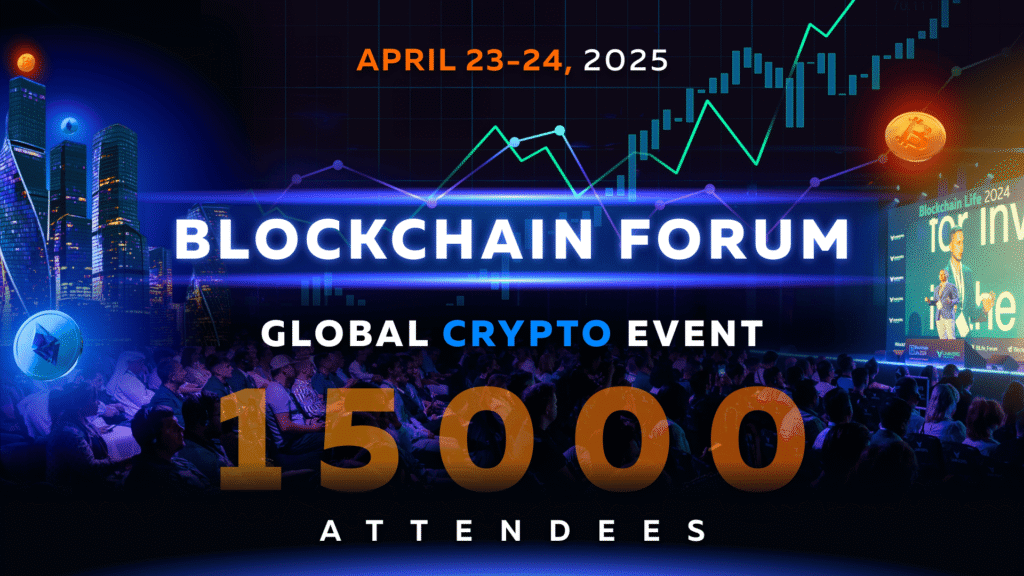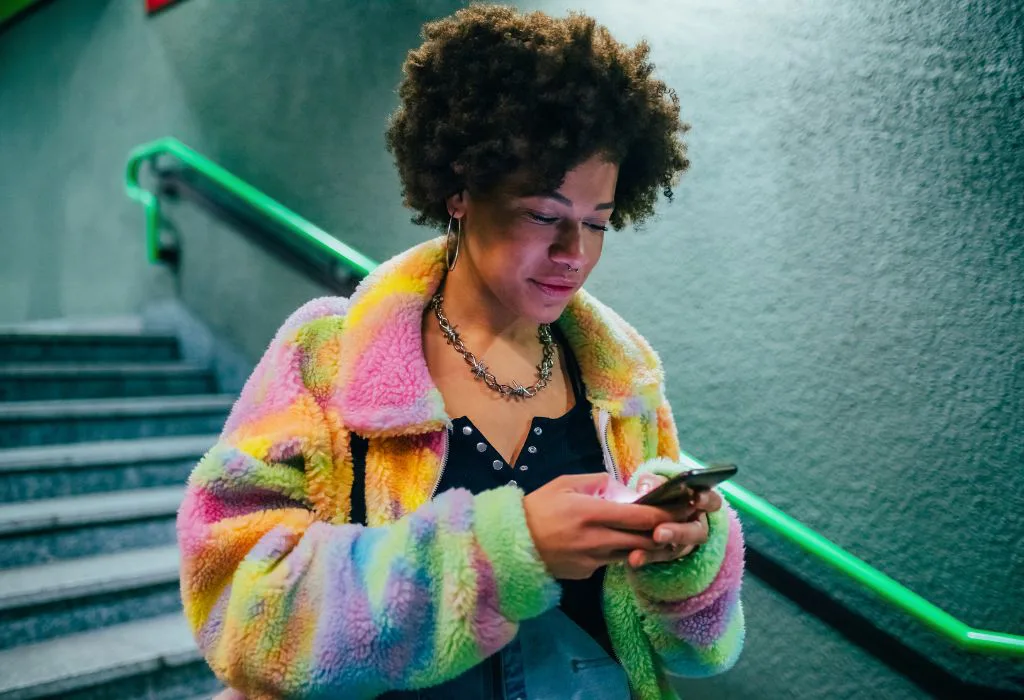In the digital age, ownership has taken on a whole new meaning. The traditional concept of owning physical assets has expanded to include a realm of digital possessions. The digital ownership revolution has opened up exciting possibilities for individuals, artists, creators, and businesses alike. In this article, we will explore the concept of digital ownership, the role of blockchain technology in revolutionizing ownership, the rise of Non-Fungible Tokens (NFTs), and the impact of this revolution on various industries.
Understanding Digital Ownership
Digital ownership refers to the possession and control of digital assets, including but not limited to art, music, videos, virtual real estate, and even social media content. Unlike physical assets, digital possessions can be easily replicated and shared. However, true ownership entails exclusive rights, control, and the ability to prove authenticity. The digital ownership revolution seeks to address these challenges and provide individuals with a secure and verifiable way to own and trade digital assets.

Blockchain Technology and Digital Ownership
Blockchain technology, which underpins digital currencies like Bitcoin, has emerged as a game-changer in the world of digital ownership. By utilizing decentralized and immutable ledgers, blockchain ensures transparency, security, and trust in digital transactions. With blockchain, individuals can assert ownership over their digital assets, proving authenticity and provenance. This technology has laid the foundation for the digital ownership revolution, paving the way for the widespread adoption of NFTs.
Non-Fungible Tokens (NFTs) and Digital Ownership
NFTs have gained significant attention in recent years as a powerful tool for digital ownership. Unlike cryptocurrencies that are fungible and interchangeable, NFTs are unique and indivisible. Each NFT represents a distinct digital item and carries its own value and identity. NFTs are built on blockchain technology, providing a decentralized and secure platform for buying, selling, and trading digital assets. Through NFTs, individuals can assert ownership over digital art, music, collectibles, and more.
Read more: A Comprehensive Guide to Web3 Marketing Strategies and Real-World Examples
NFTs in the Art World
The art world has been revolutionized by the advent of NFTs. Artists can now tokenize their creations as NFTs, providing proof of ownership and authenticity. This has opened up new avenues for artists to monetize their work, bypassing traditional intermediaries and reaching a global audience. Collectors, too, benefit from the ability to own unique pieces of digital art and support their favorite artists directly.
NFTs in the Entertainment Industry
The entertainment industry has also embraced NFTs as a means of digital ownership. Musicians can release exclusive tracks or albums as NFTs, offering unique experiences to their fans. Movie studios can tokenize limited edition digital collectibles related to their films, creating a new market for fans to engage with their favorite franchises. NFTs have brought about a paradigm shift in how entertainment content is consumed and monetized.
NFTs in Gaming and Virtual Realms
Gaming and virtual realms have been quick to adopt NFTs, transforming the way players interact with virtual assets. Through NFTs, gamers can own and trade in-game items, characters, and even virtual real estate. This not only enhances the gaming experience but also allows players to monetize their virtual achievements and investments. The integration of NFTs in gaming has blurred the lines between virtual and physical ownership, creating a new dimension of value.

Tokenization of Real-World Assets
The digital ownership revolution extends beyond the realm of purely digital assets. Through tokenization, real-world assets such as real estate, luxury items, and intellectual property can be represented as NFTs. This opens up opportunities for fractional ownership, liquidity, and broaderaccessibility. Tokenizing real-world assets allows for easier transfer of ownership, increased market efficiency, and the potential for new investment models.
Challenges and Concerns
While the digital ownership revolution brings forth immense potential, it also faces certain challenges and concerns. Scalability remains a prominent issue, as blockchain technology needs to scale effectively to accommodate the growing demand for digital assets. Additionally, the environmental impact of blockchain, particularly in the case of proof-of-work mechanisms, is a concern that needs to be addressed. Furthermore, legal and regulatory considerations surrounding digital ownership, intellectual property rights, and cross-border transactions require careful examination to ensure a fair and secure ecosystem.
Suggest: Essential Steps for Startups to Create an Effective Marketing Plan
The Future of Digital Ownership
The digital ownership revolution is still in its early stages, but the future looks promising. Emerging trends, such as the integration of augmented reality and virtual reality with NFTs, hold the potential to reshape industries and revolutionize user experiences. The democratization of ownership and the removal of intermediaries can empower individuals and foster creativity on a global scale. As technology continues to advance, the impact of the digital ownership revolution will likely extend beyond our current imagination.
Conclusion
The digital ownership revolution has ushered in a new era where individuals can assert ownership over their digital assets securely and verifiably. Through the utilization of blockchain technology and the rise of NFTs, the concept of ownership has expanded to include digital art, music, collectibles, and even real-world assets. This revolution has disrupted traditional industries, such as art, entertainment, gaming, and beyond, providing new opportunities for creators, collectors, and investors. As we navigate the future, we must address the challenges and concerns surrounding digital ownership to ensure a sustainable and inclusive ecosystem.

FAQs
What is digital ownership?
Digital ownership refers to the possession and control of digital assets, including art, music, videos, and more.
How does blockchain technology revolutionize digital ownership?
Blockchain ensures transparency, security, and trust in digital transactions, enabling individuals to prove ownership and authenticity.
What are NFTs?
Non-Fungible Tokens (NFTs) are unique digital assets built on blockchain technology that represent distinct items of value.
How do NFTs impact the art world?
NFTs have transformed the art market by allowing artists to tokenize their work and collectors to own unique pieces of digital art.
What role do NFTs play in the gaming industry?
NFTs enable gamers to own and trade in-game items, characters, and virtual real estate, enhancing the gaming experience and creating new avenues for value.
Read more: How to Market Your Blockchain Project in a Competitive Landscape with Blockchain Marketing
- Cygnus Finance Raises $20M to Revolutionize On-Chain Liquidity with Innovative Liquidity Validation System
- Fintech24h – The Trusted Blockchain Marketing Agency in Singapore
- Blockchain Network Marketing: The Modern Trend Transforming Business
- Stay Ahead of the Curve with a Leading Blockchain Marketing Agency
- Blockchain Life 2025 hosts Worldwide crypto leaders in Moscow








